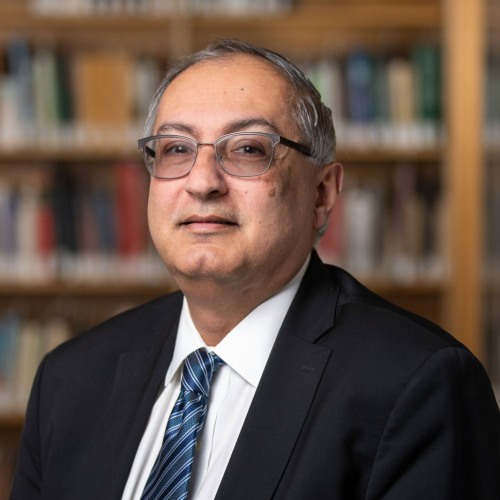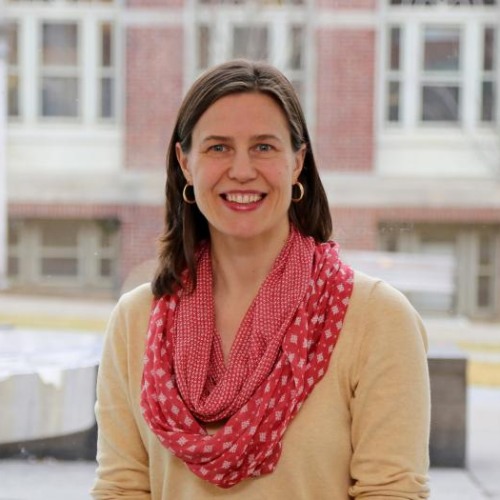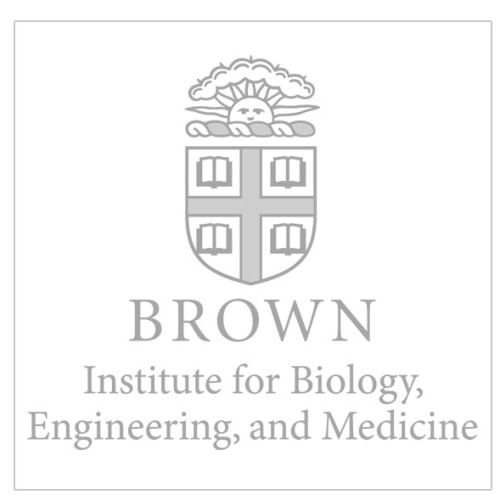The I-BEAM Collaboratives Program aims to accelerate research impact through interdisciplinary teams addressing relevant health outcomes.
I-BEAM Collaboratives
Accelerating and magnifying research impact at the intersections of biology, engineering, and human health
2025 I-BEAM Collaboratives
Awardees during AY2025.
Anti-Cancer Immunoengineering Collaborative
The Anti-Cancer Immunoengineering Collaborative seeks to integrate biomedical engineering and cancer immunology to develop personalized, patient-specific immunotherapies.
The goal is to overcome the challenges posed by tumor heterogeneity, which complicates treatment effectiveness. By leveraging advanced technologies like RNA lipid nanoparticles, DNA scaffolds for immune activation, and patient-derived organoids, this initiative aims to enhance immune cell function and predict how patients will respond to therapies. The team–joining experts in immunoengineering, biomaterials, and cancer therapeutics–is uniquely positioned to address current cancer therapies' challenges, advancing preclinical and clinical applications.
Collaborative PIs
-

Ian Wong
Associate Professor of Engineering, Associate Professor of Medical Science, Associate Professor of Pathology and Laboratory Medicine -

Wafik El-Deiry
Mencoff Family University Professor of Medical Science, Professor of Pathology and Laboratory Medicine, Associate Dean for Oncologic Sciences at the Warren Alpert Medical School, Director of the Legorreta Cancer Center at Brown University, Director of the Joint Program in Cancer Biology at Brown University -

Patrycja Dubielecka
Associate Professor of Medicine
Cardiovascular Bioengineering Collaborative
The Cardiovascular Bioengineering Collaborative is a hub to accelerate new therapeutics for treating cardiovascular (CV) disease.
By bringing together cardiovascular scientists, clinicians, and engineers, the CV BioE Collaborative at Brown leverages strengths in regenerative medicine to re-engineer healthy function in the diseased heart and vasculature across the lifespan. CV disease focus areas include atherosclerosis, heart failure, and congenital heart defects (CHD), united by etiologies involving the immune system, fibrosis, and aging. Initial projects use engineered tissues composed of human-induced pluripotent stem cell-derived cardiomyocytes (hiPSC-CMs) to restore conduction pathways in pediatric CHD or replenish muscle after a heart attack. Other projects investigate RNA-based therapeutics to treat heart failure with advanced RNA delivery systems, immune modulation in atherosclerosis and endothelial dysfunction in ischemia, and revascularization by customized biomaterials to target heart attack and limb ischemia. These efforts will culminate in preclinical studies and clinical applications, fostering cross-disciplinary collaboration and training in cardiovascular bioengineering. With a strong focus on translational research, the CV BioE Collaborative is dedicated to securing funding, advancing trials, and establishing partnerships with biomanufacturing and regulatory agencies to bring innovative cardiovascular therapies to patients in need.
Collaborative PIs
-

Kareen Coulombe
Associate Professor of Engineering -

Federica Accornero
Associate Professor of Molecular Biology, Cell Biology, and Biochemistry, George D. Eggleston Associate Professor of Biochemistry -

Theresa Raimondo
Assistant Professor of Engineering, Secondary appointment in the Division of Biology and Medicine
Collaborative for Engineering Solutions to Combat Antimicrobial Resistance
The Antimicrobial Resistance (AMR) Collaborative will target the global crisis of AMR, a silent pandemic that already claims millions of lives each year.
AMR threatens to escalate, potentially causing 10 million deaths annually by 2050. Through a multidisciplinary approach, the team of engineers, scientists, and clinicians is developing cutting-edge solutions to detect, prevent, and treat drug-resistant infections. Key strategies include the development of antimicrobial biomaterials and therapeutics, innovative host-directed therapies, advanced diagnostic technologies, and predictive models for resistance dynamics. The group is poised to make significant strides in combating AMR, improving patient outcomes, and preventing its devastating global impact by combining engineering, biology, and medicine expertise.
Collaborative PIs
-

Anita Shukla
Elaine I. Savage Professor of Engineering, Engineering Executive Committee Representative -

Gerard Nau
Associate Professor of Medicine, Clinician Educator -

Richard Bennett
Charles A. and Helen B. Stuart Professor of Molecular Microbiology and Immunology, Chair of Molecular Microbiology and Immunology
Collaborative for Interdisciplinary Research on Maternal / Neonatal Health
The collaborative seeks to address critical gaps in understanding complex maternal and neonatal health processes to engineer innovative solutions for diagnostics and medical devices.
Breastmilk is the optimal form of infant nutrition, yet challenges like low milk flow and pain often prevent mothers from breastfeeding exclusively for the recommended six months. By combining experimental and computational methods, we will explore the physical and physiological factors that regulate milk expression, focusing on milk viscosity and local shear rates in the mammary ducts. We aim to identify physics-based breastfeeding techniques to improve milk flow and support maternal health. This multidisciplinary effort, led by engineering and clinical experts, aligns with the mission of Brown University’s Institute for Biology, Engineering, and Medicine (I-BEAM) to foster cross-disciplinary collaboration and innovative solutions to global health challenges.
Collaborative PIs
-

Monica Martinez Wilhelmus
Thomas J. and Alice M. Tisch Assistant Professor of Engineering -

Samantha Ahle
Assistant Professor of Surgery and Pediatrics, Clinician Educator -

Julie Monteagudo
Assistant Professor of Surgery and Pediatrics, Hasbro Children's Hospital Director of Neonatal and Pediatric ECMO, Fellowship Program Associate Director